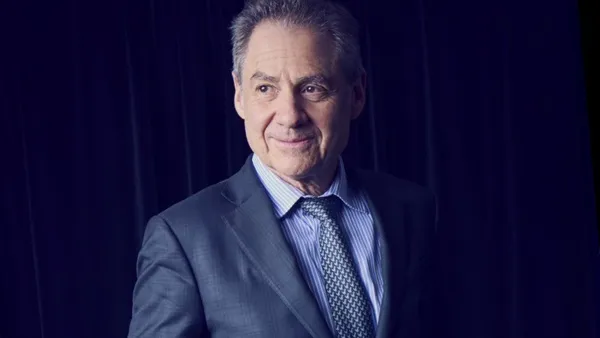Stop the Creative Blood Loss During Market Research Allen Stegall, Partner Bob Costanza, Partner More brand teams need to realize that while market research is invaluable, it can’t replace judgment. “Hello, I’m a Mac." “And, I’m a PC." If Apple used the same market research techniques to test this creative concept that is customarily used in the pharmaceutical industry, this terrific campaign might never have seen the light of day. Imagine the deal-breaking research comments that might have sealed its fate. “I hate it when you people bash the competition." “Where are the product features and benefits?" “It’s funny, but not very relevant to how I would choose a product." Or, consider Geico’s “So Easy a Caveman Could Do It" campaign. There is real genius here because the campaign achieved impact by making fun of a class (cavemen) who are no longer around to be offended. Depicting them as “offended" is part of the device, and a remarkable way to break through the clutter in the insurance space. One can only imagine the pushback if this had been tried in the world of medical advertising. After all, even though there are no cavemen, there is still the general notion that one should not offend. In truth, there are many good, provocative, and powerful advertising ideas within the pharma industry. However, far too many of our best ideas end up on the cutting room floor in favor of “safer," and lesser, alternatives. This happens because we are a safety-oriented industry, not only in marketing communications but also in the ways we evaluate creative ideas in the market research environment. Our Industry’s Approach Typically, a brand team takes three or four concepts into research in order to decide how to proceed. Each concept is shown to paid research subjects in a serial fashion, often in three or four selected cities. After a few warm-up questions, the subjects are asked to consider each ad concept. What are your general impressions? What do you think they are trying to say about Brand X? Is it clear? Is it relevant to your practice? What would you change? Ultimately, respondents are asked to rank the concepts, or somehow indicate their favorites. This all sounds innocent enough. And certainly the researchers make good faith efforts to remain unbiased and select the “right" concept. But there are several ways in which this process can and does go horribly wrong. Not that this process will often lead to a completely ineffective ad, but it will certainly filter out any concepts that are provocative, unexpected, or even mildly polarizing — even when that would be the absolute best thing for your brand. What Should We Do Differently? First, we should broaden our scope. For example, why not put together a panel of experienced marketers with specific therapeutic category knowledge who might offer very different and equally valid recommendations? They have the experience to know that sometimes a great idea will make some people a little uncomfortable (remember the Orkin commercial that showed fake roaches on your television screen?). There are enough personal contacts among marketers on the brand team to put such a group together. We believe this would serve as a beneficial complement to physician research. Second, we should limit the research questions to those doctors can actually answer. Doctors can tell you what they think the main message is and how clear that message is, but in a research setting they can’t honestly tell you which ad would stop them most. Nor can they tell you the relative power of one concept versus another on their future prescribing. But this doesn’t mean they won’t give you an answer if the question is asked. Third, we should do more “day after" follow-ups with the physician research subjects. “Hi, Dr. Smith. Yesterday I showed you four ad concepts. Which one comes to mind first?" Doing this would give us another objective measure of how our concepts work subconsciously (and isn’t that where they are supposed to do their job?). Finally, we suggest that more brand teams should realize that while market research is invaluable, it can’t replace judgment. That market research report you received probably doesn’t factor in the competitive environment, the difficulty in breaking through and registering a message, the size of your budget versus your competitor’s, where your brand is in its lifecycle, or any of a hundred other important considerations. So, by all means, do the market research. But then consider and discuss the meaning of the research in the broader context of your brand’s marketing challenges. And talk to your agency team. They want your brand to succeed as much as you do, and they probably have the experience necessary to see past the limitations of a market research project. Be Brave! n Scout Marketing Inc. Scout Marketing is a full-service healthcare marketing firm that brings the experience of seasoned healthcare marketing experts to the specialty pharma community. For more information, visit www.scoutmarketing.net.
An article from


Stop the Creative Blood Loss During Market Research
Filed Under:
Commercialization










